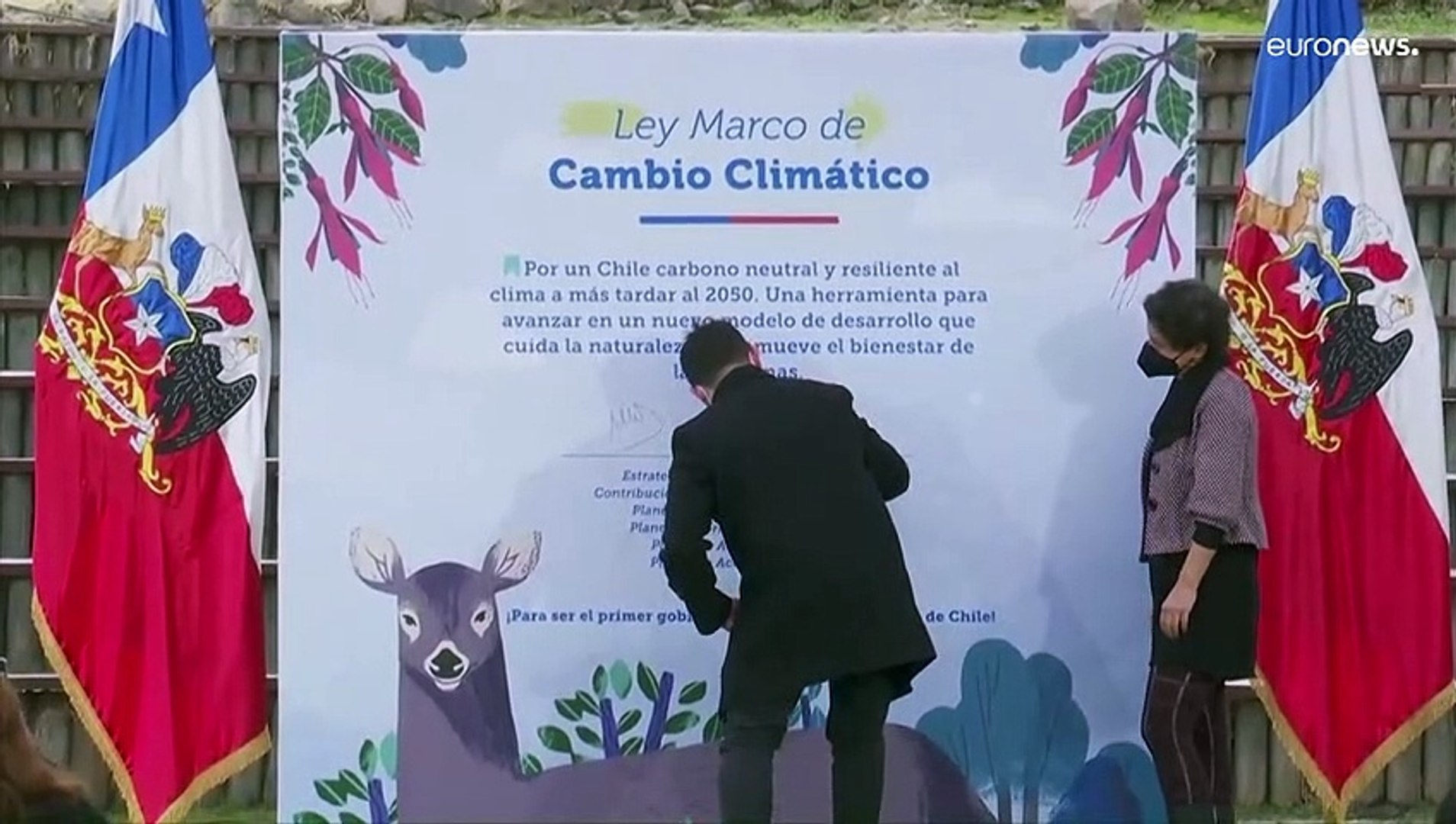RIO DE JANEIRO, BRAZIL – Chilean President Gabriel Boric enacted the Climate Change Framework Law on Sunday and highlighted the leadership that Chile can carry out in terms of renewable energy and ocean protection within the framework of the celebration of World Environment Day.
“The world needs Chile for the tremendous potential that it has in relation to unconventional renewable energies, for its coastline, for copper, lithium, electromobility,” said the president in promulgating the law that establishes the need to reduce emissions and sets the objective of achieving carbon neutrality by 2050, something that the young president wants to be fulfilled before that date.
Read also: Check out our coverage on Chile
“We have to be the first to get on this car and, from Chile, lead this process in the world,” he added.

A few hours before leaving for the summit of the Americas, Boric acknowledged to make a personal effort to attend this act due to the importance of environmental issues in which it has declared itself as the first ecological government of the South American country.
In this sense, he highlighted the meeting he will have in the next few days with his Canadian pair, Justin Trudeau, to achieve an agreement for the protection of the oceans in the Pacific.
Being neutral carbon means “not only to emit less gases but to take care of the nature that absorbs them. There the oceans play a fundamental role and as humanity we are not doing well. Although Chile is a pioneer in protected marine areas, and there we can boost that leadership and that from the world it is known that from Chile and Canada we will be pushing to protect our oceans to fulfill this goal in the world,” he said.
Boric also highlighted in the act, held in a forest on the outskirts of Santiago, the approval of the Escazú agreement to which Chile has been signed as one of his first measures.
“The Environment Day is part of our common heritage and not only has to do with Chile, it has to do with Latin America and has to do with humanity and the planet, so we have called it a single land,” he said.
Also on Sunday, María José Torres, resident coordinator of the United Nations in Chile, in the presentation of a sample at the Museum of Pre-Columbian Art of Santiago, said that she intends to “raise awareness and accelerate deep changes in personal and social policies and decisions, to enhance cleaner, ecological and sustainable lives, in harmony with nature.”
The exhibition reflects on the possible objects that archaeologists will find in 2090 as a legacy of our civilization, in relation to the crisis of climate change, loss of biodiversity and pollution that our society lives.
The exhibition reflects on the assembly of objects and texts that reflect the negative impact of non-sustainable consumption habits of our society, in contrast to the inheritance of pre-Columbian American cultures, affecting what can be done to help the planet.

